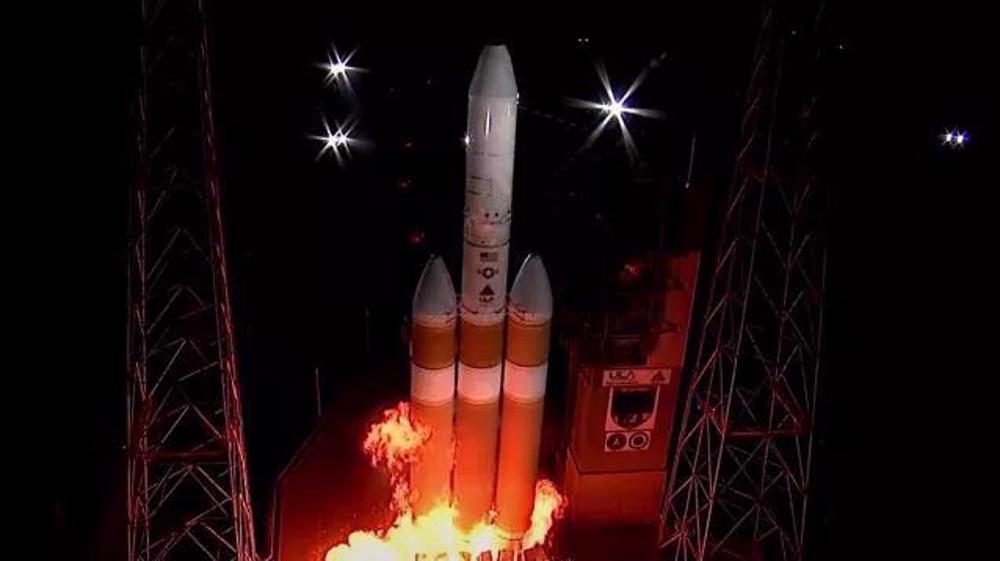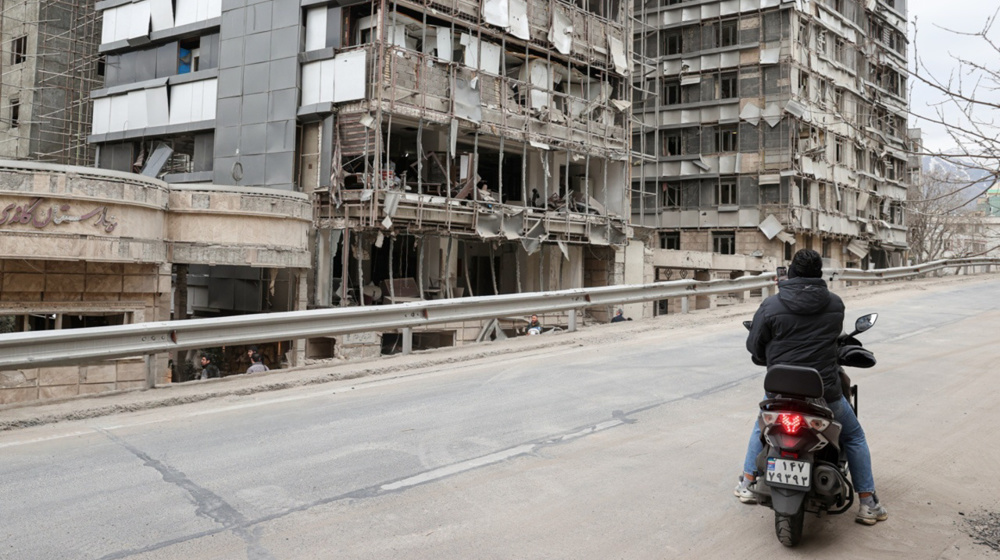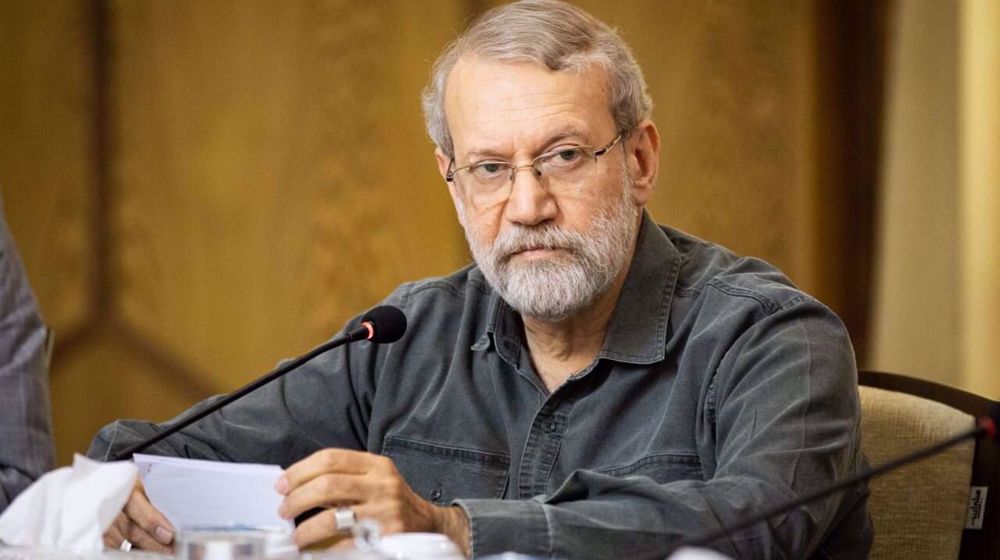US spy satellite launch delayed a week after abort in final seconds
The launch of a new US spy satellite on a massive Delta IV Heavy rocket has been delayed at least a week after a last-minute abort prevented an attempted liftoff early Saturday (Aug. 29).
The abort occurred just three seconds before the planned launch of the clandestine NROL-44 satellite from Cape Canaveral Air Force Station at 3:28 a.m. EDT (0728 GMT), according to the United Launch Alliance, which built the heavy-lift Delta IV Heavy. The rocket's triple-core first stage briefly fired up its three main engines, engulfing the booster's base in flames before flickering out in the abort.
The @UnitedLaunchAlliance Delta IV Heavy rocket launch of a national security satellite was scrubbed for the second time this week.
— NASA And SpaceX (@AndSpacex) August 29, 2020
Watch video on youtubehttps://t.co/wC9O0GnBH7 pic.twitter.com/lk6luCaU2w
"3, 2, 1 and liftoff!" ULA commentator Dillon Rice said as the engines fired. A few seconds later, it was clear something went wrong as the Delta IV Heavy remained on the pad of its Space Launch Complex 37B.
"And standby, we've obviously had a hotfire abort," Dillon said.
Video from the launch pad showed exhaust billowing up the 235-foot-tall (72 meters) rocket after its engines shut down.
"The launch of a United Launch Alliance Delta IV Heavy carrying the NROL-44 mission for the National Reconnaissance Office was scrubbed today due to an unexpected condition during terminal count at approximately three seconds before liftoff," representatives with ULA, which is a collaboration of Boeing and Lockheed Martin, said in a statement. "The team is currently reviewing all data and will determine the path forward. The required recycle time prior to the next launch attempt is seven days minimum."
ULA president and CEO Tory Bruno said on Twitter that the Delta IV Heavy and its payload are in good shape.
"The bird is in good health," Bruno wrote. "This was an automatic abort during the ignition sequence. Cause appears to have been in the ground system. System functioned as intended to protect the vehicle and payload."
Source: space.com
IRGC says second US THAAD anti-missile unit destroyed
CNN journalists abducted by Israel while reporting on damage from Iranian strikes
Iran denies attacks on Oman as it warns of US-Israeli ‘false-flag’ ops
Iran knows where Netanyahu convenes his meetings: Ex-IRGC chief
‘Law of jungle’: China says Israeli-US aggression against Iran must stop
Iran says committed to regional security; retaliatory attacks only target Israel, US assets
'Blatant war crime': Iran denounces US-Israel strikes on Gandhi hospital in Tehran
IRGC spox: 650 casualties for US military in two days as Iran missiles force aircraft carrier to fle










 This makes it easy to access the Press TV website
This makes it easy to access the Press TV website